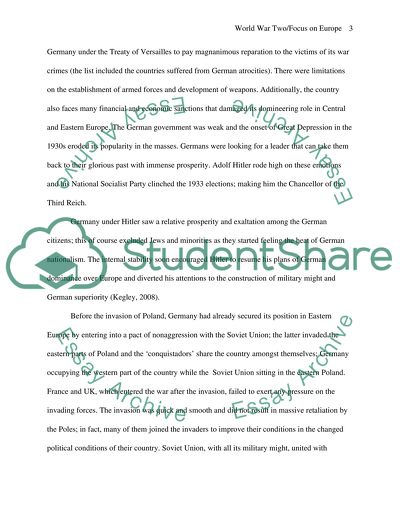Cite this document
(The World after the Second World War Essay Example | Topics and Well Written Essays - 2250 words, n.d.)
The World after the Second World War Essay Example | Topics and Well Written Essays - 2250 words. Retrieved from https://studentshare.org/military/1557714-world-war-two-focus-on-europe
The World after the Second World War Essay Example | Topics and Well Written Essays - 2250 words. Retrieved from https://studentshare.org/military/1557714-world-war-two-focus-on-europe
(The World After the Second World War Essay Example | Topics and Well Written Essays - 2250 Words)
The World After the Second World War Essay Example | Topics and Well Written Essays - 2250 Words. https://studentshare.org/military/1557714-world-war-two-focus-on-europe.
The World After the Second World War Essay Example | Topics and Well Written Essays - 2250 Words. https://studentshare.org/military/1557714-world-war-two-focus-on-europe.
“The World After the Second World War Essay Example | Topics and Well Written Essays - 2250 Words”. https://studentshare.org/military/1557714-world-war-two-focus-on-europe.


